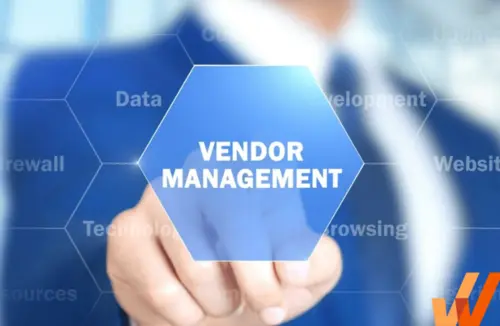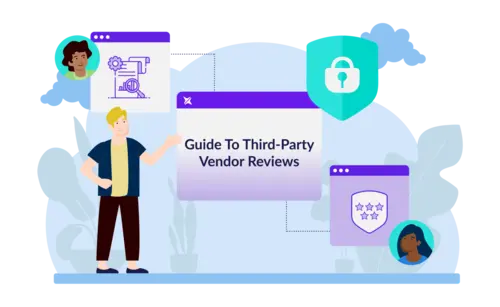Our goal is to automate every business with less man power and higher efficiency, vendor management CRM is one from the multiple variants of the CRM we have introduced in the market to automate the things, so that the businesses/Institutions ca manage their vendors easily.

Artificial intelligence and automation can boost the
process powerfully. Many workflows, such as onboarding, invoicing and P2P, contain key but repetitive
elements that are prone to human error and costly delays when performed manually. Automation removes the
human element from the equation, also in many cases removes the need for manual checks, for inputs, and for
other processes like approval, workflow helping in the completion of the job at a very quick pace.
Furthermore, the automation of your vendor onboard processing ensures that you can easily monitor vendor
performance and compliance over time with complete vendor data profiles for each vendor and service provider
from day one.
The longer the supply chain, the bigger your supplier’s
risk of exposure. Even businesses with small supply chains need to monitor and comply, both internally and
externally. CRM software for vendor management reduces risks and improves regulatory compliance by
centralizing, collecting, documenting, and communicating all vendor information and performance information,
in order to support fast and accurate due diligence and audits.
Workflow reminders and automatic license expiration alarms, legal modifications, etc, you can remove the
rogue expenditure and charge fraud, and formalize a closed system. Integration of your suppliers with joint
compliance issues in your system to improve strategic planning.
Would it not be great to know that every supplier in your supply chain is prepared to meet your price, performance, and compliance expectations or even exceed them? You can create your criteria, from historical delivery results to reputational concerns with a tailor-made cloud-based Vendor Management Program. Providers can be revised, qualified, and transferred much faster to your data environment if everyone has access to all the required information. In addition, your providers can provide you with richer data through the connection of your invoicing system with the supplier managing software of your CRM, making it even easier to achieve optimum procurement performance while taking advantage of early payment discounts and strengthening your reputation as a prompt and professional buyer.
One supply chain that will surely snap under pressure is poorly managed. Invest in a reliable and integrated vendor management system and you are ready to build effective strategic partnerships with your vendors, simplify your workflows and cut costs.
Vendors and third parties play an essential role in any business model, but they aren’t always the same.
All vendors are third parties, but not all third parties are vendors.
A vendor is an external entity that supplies goods or services to an organization, often in the supply
chain. Examples are:
Third-party relationships encompass all the above entities but also include others with whom your organization does business, such as:
